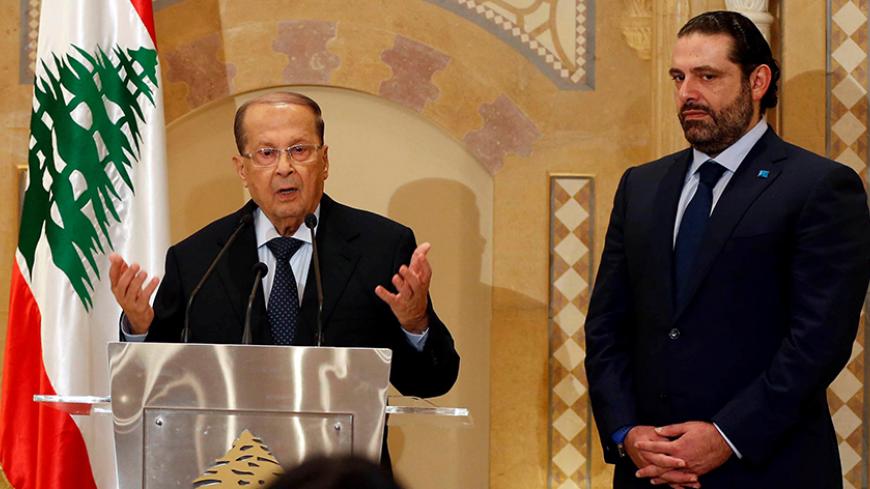The journey from Lebanon’s parliament to its empty presidential palace shouldn’t take more than 20 minutes under normal circumstances. But when one considers that politicians have failed to reach consensus on who will assume the vacant post, it could be said the trip has taken two years and five months — so far. Since May 24, 2014, Lebanon has been without a president, which has affected all aspects of political life in the country.
The prime minister and the Cabinet became a caretaking authority, while the parliament — due to lack of consensus — had to self-extend its term twice. Over the last couple of years, the country had to survive with minimum politics and maximum political tension. Yet it was clear that political factions were cautious enough not to let things get out of control.



